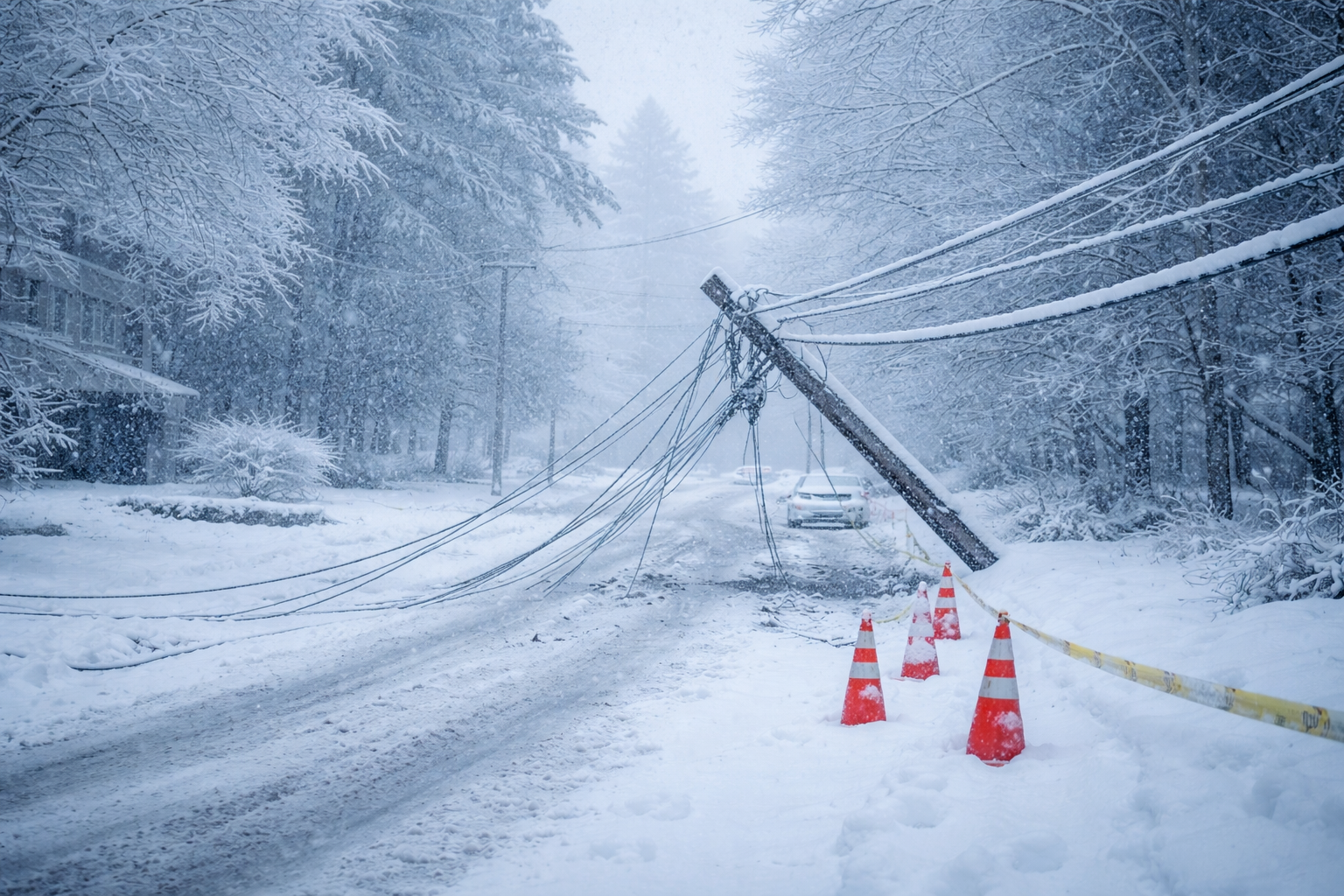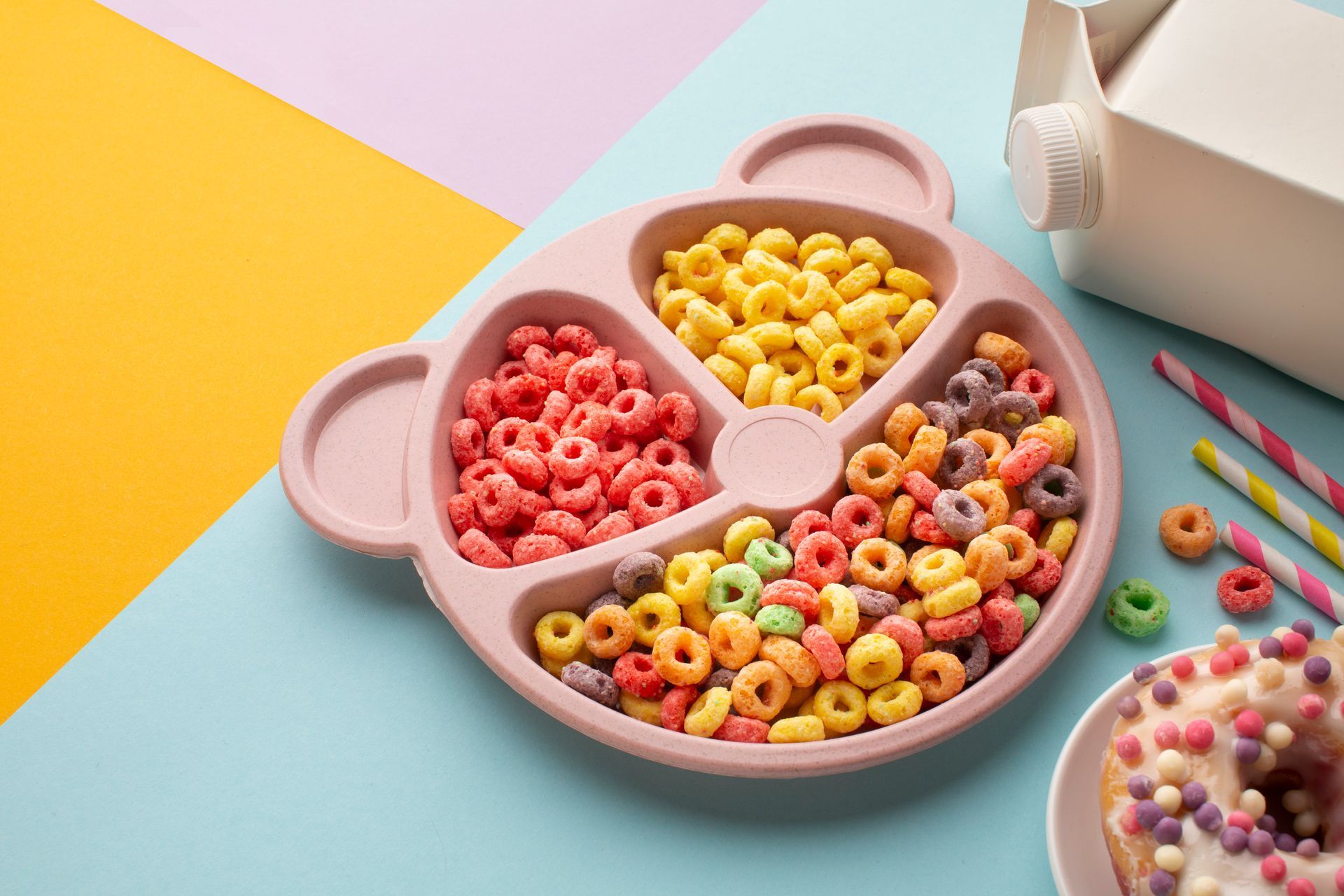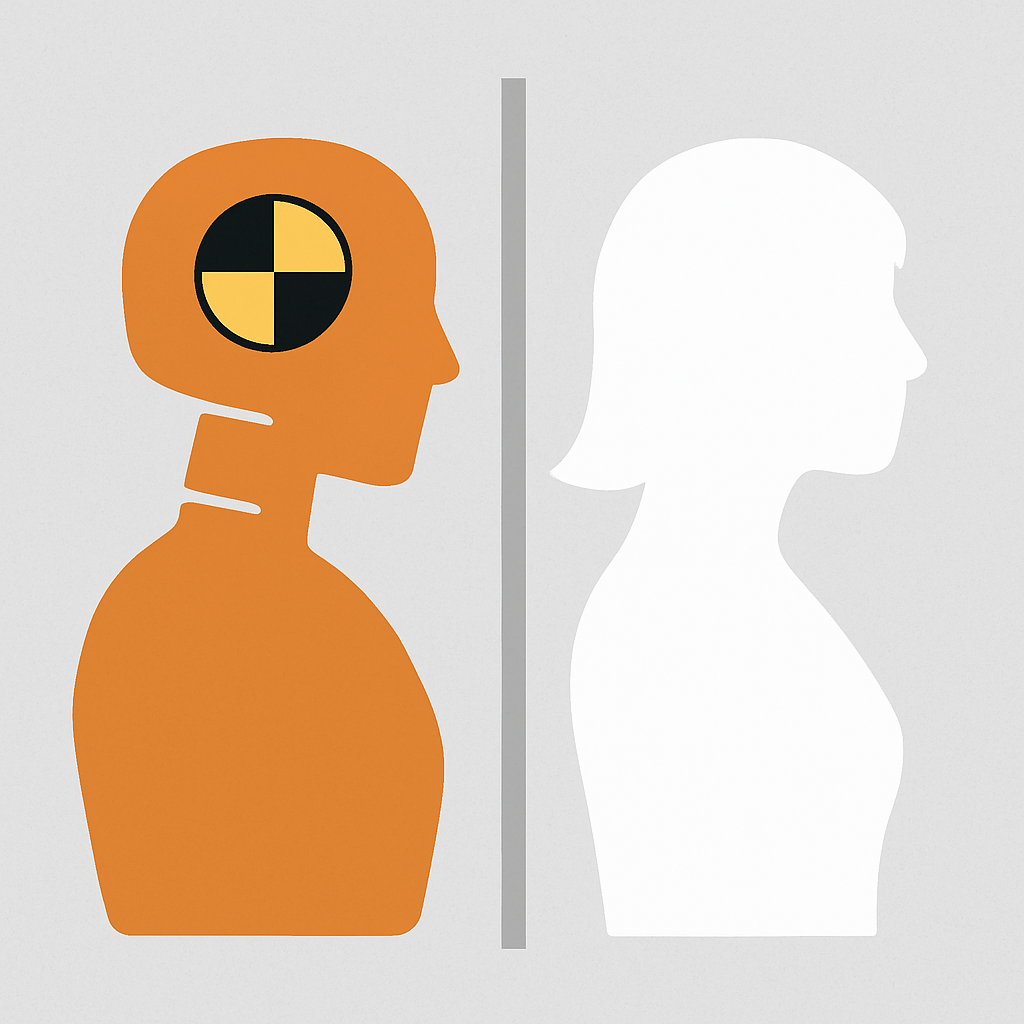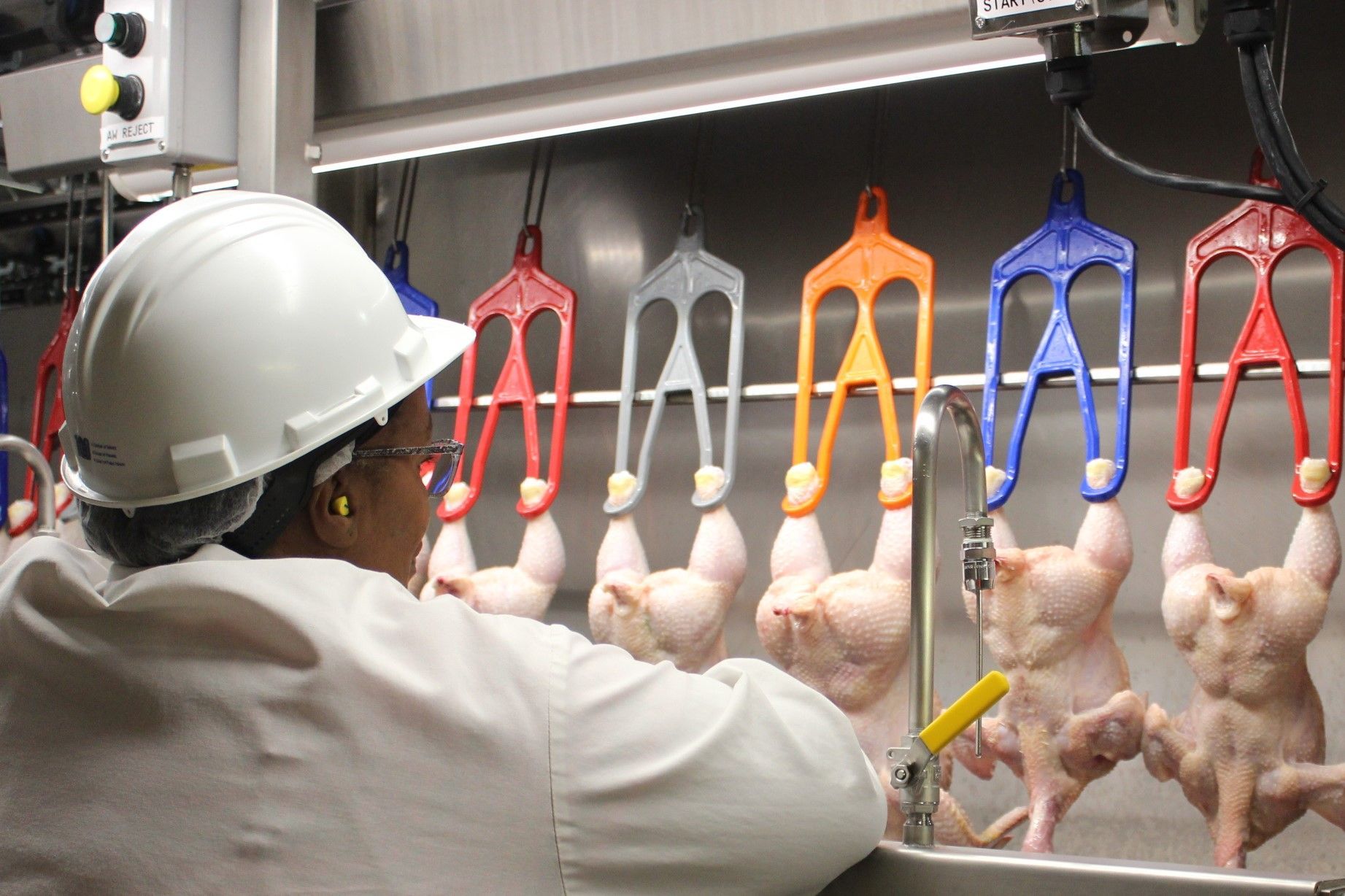WARNING: THESE TOYS R NOT FOR US!
Imagine a group of 10-year olds sitting in a darkened room, with a bunch of their "friends" engaged in a discussion about whom to kill while playing a game of Russian Roulette. This is NOT a pretend game. Virtual reality goggles are marketed to children as young as ten years old. These goggles and other smart toys are listed in the 38th edition of Trouble in Toyland, the annual listing of holiday toys that pose hazards for children, released by the Massachusetts chapter of the Public Interest Research Group (PIRG) If you have doubts about the safety of such "hi-tech" toys, last month, an 11-year-old girl was kidnapped by a man she encountered while playing a game online. Fortunately, she was found safe a short time later, about 135 miles away from her home. The game, Roblox, is one of the most popular mobile games this year.

According to PIRG, the Federal Trade Commission (FTC) last spring accused Amazon of violating the Children's Online Privacy Protection Act Rule (COPPA) through its Alexa service by keeping the voice recordings of children indefinitely and failing to delete children's transcripts, even when a parent requested they be deleted. Amazon also gathered geolocation data and used children's transcripts for its own purposes. A few years ago, Fisher Price's Smart Toy Bear, created for children ages 3-8 as an interactive learning friend who talks, listens and remembers what your child says, was discontinued because a security flaw allowed hackers to gain information about children without permission.

The toy bear is not alone with its risk of hacking. We are surrounded by smart devices, all with microphones, cameras, connectivity, location trackers and more, that connect to the internet and/or to the outside world, while gathering and storing data, sometimes very poorly. This holiday season your child's gift list may be filled with stuffed animals that listen and talk, devices that learn their habits, games with online accounts, smart speakers and watches, or all kind of toys that require you to download an app. The global market for smart toys grew from $14.1 billion in 2022 to $16.7 billion this year and is expected to double by 2027.
These toys, and the threats that come with them, may increase with the incredible growth of artificial intelligence (AI), which is already being advertised in toy robots, games and interactive toy animals, some targeting children as young as 3 years old. According to PIRG, AI-enabled toys with a camera or microphone may be able to assess a child's reactions using facial expressions or voice inflection, allowing the toy to try and form a relationship with the child and gather and share information with others that could risk the child's safety or privacy.
PIRG is not alone in looking out for the safety of our children this holiday season. For the past 51 years, W.A.T.C.H. (World Against Toys Causing Harm), an organization founded by the late, legendary Boston attorney, Edward Swartz, and continued to this day by his children, James and Joan Siff, has identified its annual picks for the ten most dangerous toys in America. The Nominees for the “10 Worst Toys” List are representative of some of the many different types of potential toy hazards that families, caregivers, and educators can avoid to safeguard children year-round. Among other safety concerns, these traps include toy weaponry with the potential for blunt force and eye injuries, plush pillow toys that could potentially lead to infant suffocation, and water beads, such as Orbeez Seeds- Rainbow on W.A.T.C.H.’s list, that could expand when swallowed potentially leading to choking or ingestion injuries.
As a service to this newsletter's readers, I am reprinting W.A.T.C.H.'s 2023 ten most dangerous toys with my recommendation that you avoid them like the plague:

- Disney The Little Mermaid King Triton’s All-Powerful Trident: Potential For Blunt Force and Eye Injuries!
- Original Squishmallows-Raisy: Potential For Suffocation!
- Soccer Boppers: Potential For Blunt Force and Impact Injuries!
- Diecast Fast-Food Truck: Potential For Choking Injuries!
- Our Generation Hop In Dog Carrier: Potential For Choking Injuries!
- Orbeez Seeds-Rainbow: Potential For Choking and Ingestion Injuries!
- Splat-R-Ball Dude Perfect Blaster: Potential For Eye Injuries!
- B Toys Make A Melody Musical Instrument Set: Potential Ingestion and Choking Injuries!
- Zoom-O Turbo Disc Launcher: Potential For Face and Eye Injuries!
- Carve Pro Stunt Scooter: Potential For Head and Other Impact Injuries!
Before you get angry wondering how such dangerous toys could be sold for our children in 2023, I'd like to point out that in 1950, this toy was sold to unsuspecting parents, and many experts have labeled it the most dangerous toy ever manufactured: the Gilbert U-238 Atomic Energy Lab Kit, which included three sources of radiation and four uranium ores that are also radioactive. The kit came with an instruction booklet, a pamphlet on how to prospect uranium, and various tools that enabled children to dive deep into the world of atomic chemistry.
My advice to parents, as the Warnings Doctor, is to stick with old reliable stuffed animals, board games, race tracks, building sets and good old reliable Barbie.
Check out my latest podcast
"EXPOSED! An Exclusive Look Behind the Curtain of Corporate Greed"
Check out my book "Murder, Inc.: How Unregulated Industry Kills or Injures Thousands of Americans Every Year...And What You Can Do About It".
Available in Hardcover, Paperback, Kindle & Audiobook on Amazon now.
For more information about potentially harmful products, please consult our fellow consumer safety organization,
Consumer Notice.org














